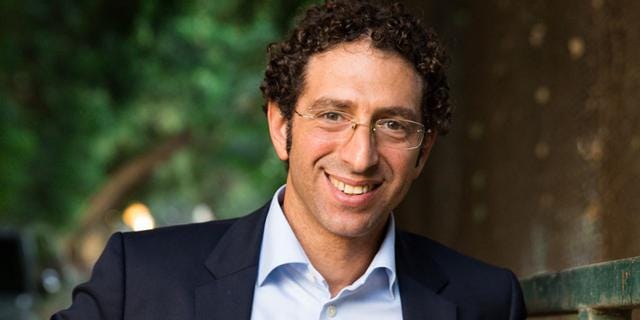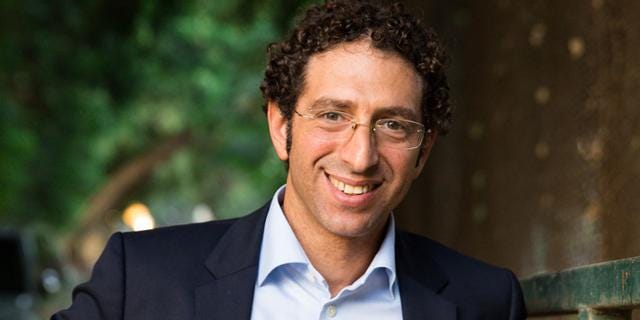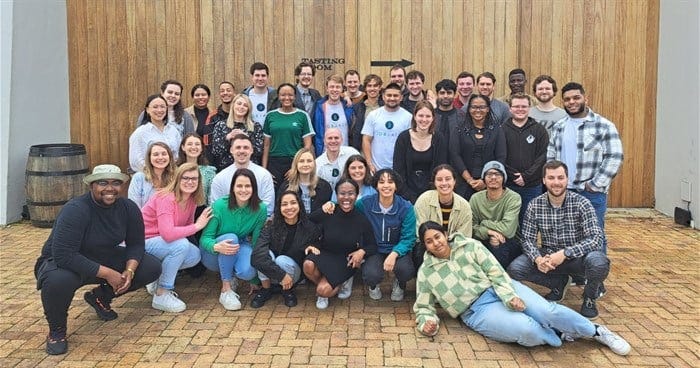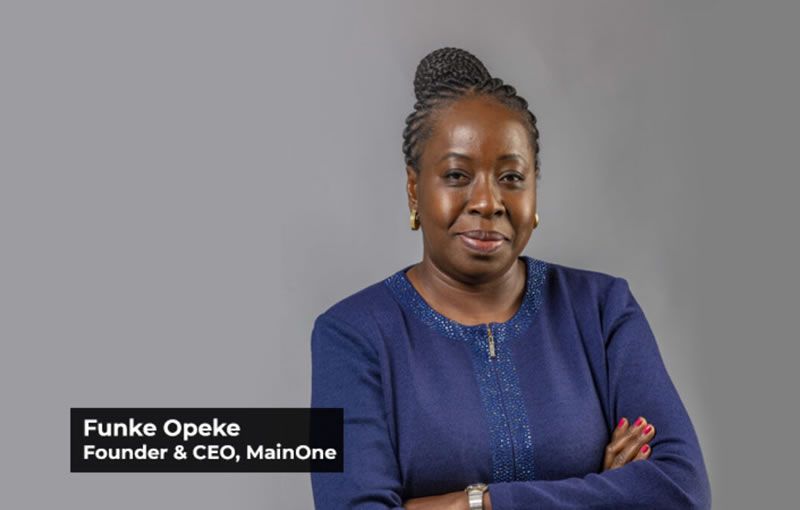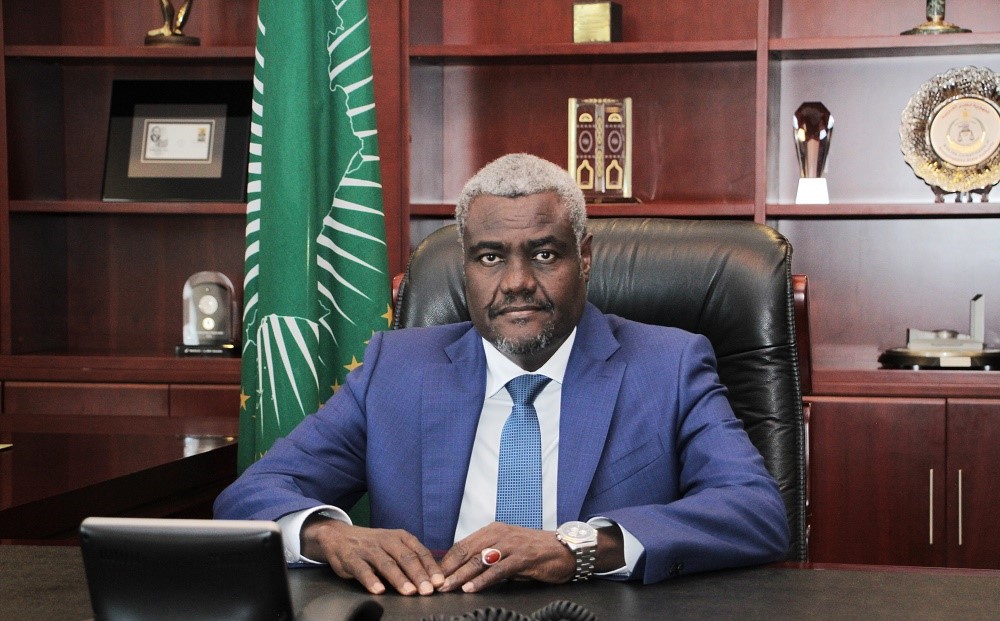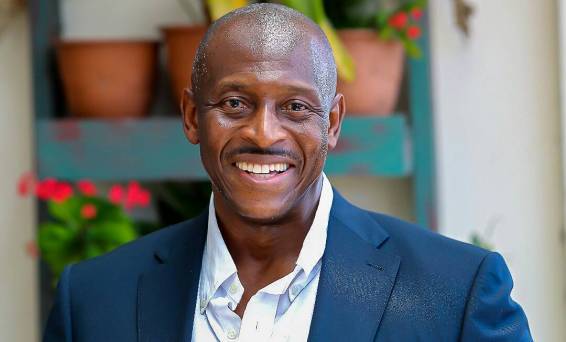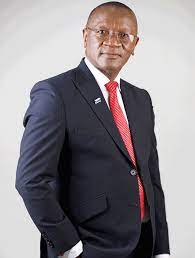MultiChoice Encourages African Applications for 2024 Earthshot Prize of £1 million
Global environment-saving initiative, The Earthshot Prize, is calling innovators, entrepreneurs, community leaders and activists who are working to find cutting-edge solutions to climate change to submit their entries to the 2024 edition of the competition. The Earthshot Prize, a global environmental prize to discover, accelerate, and scale ground-breaking solutions to repair and regenerate the planet, is awarded annually to five winners, each receiving a R20 million (£1 million) prize grant to scale their projects.
MultiChoice, the official African broadcast partner and member of The Earthshot Prize Global Alliance, is issuing a call for entries from African organisations who are doing scalable and impactful work aimed at repairing and regenerating the planet to enter into any of the five categories of the Earthshot Prize: Protect and Restore Nature, Clean our Air, Revive our Oceans, Build a Waste-Free World and Fix our Climate.

As an official nominator, MultiChoice has established an entry portal (https://apo-opa.info/49sNl0G) and asks that all submissions be submitted by 30 November 2023. Representatives from MultiChoice will then review these entries and officially nominate selections directly to The Earthshot Prize.
Last year, a total of 108 entries from Africa were received and two have made it to the final stage of the 2023 leg. These include ABALOBI and Freetown the Treetown who were chosen from over 1,300 nominees.
Read also : Egypt’s FinTech MNT-Halan Adds New $130M, Latest in Four Oversubscribed Bond Issuances
Since its inception, five African organisations have been selected as finalists namely, Reeddi Capsules (from Nigeria), Pole Pole Foundation (from the Democratic Republic of Congo), ROAM , Sanergy and Mukuru Clean Stoves (from Kenya). In 2022 Mukuru Clean Stoves won the Clean Our Air Earthshot. Mukuru Clean Stoves is a start-up providing cleaner-burning stoves to women in Kenya to reduce unhealthy indoor pollution and provide a safer way to cook.
In addition to the R20 million (£1 million) prize, winners also benefit from a global network of professional and technical support to scale their work. This includes access to resources across numerous professions and sectors including manufacturing, retail, supply chains, legal advice, digital technology, business strategy and government relations via The Earthshot Prize Global Alliance.
Each year, The Earthshot Prize launches a global search for breakthrough solutions, with a worldwide network of more than 350 nominating individuals and organisations from 66 countries tasked with ushering the process through.
At MultiChoice, we are driven by our purpose to Enrich Lives, therefore the future of the African continent, its natural resources, and our communities require that we work together with our partners to create a world where everyone thrives for generations to come. It is for this reason that we are not only urging African innovators to enter the environmental prize, but we have also partnered with The Earthshot Prize to help accelerate and spotlight the ingenuity and ambition of innovators, activists and scientists across Africa who are working to address the climate crisis on the African continent and around the world.
Enter at https://apo-opa.info/49sNl0G by 30 November 2023. For more information please visit https://apo-opa.info/3Mz6ELU.
Kelechi Deca

Kelechi Deca has over two decades of media experience, he has traveled to over 77 countries reporting on multilateral development institutions, international business, trade, travels, culture, and diplomacy. He is also a petrol head with in-depth knowledge of automobiles and the auto industry


